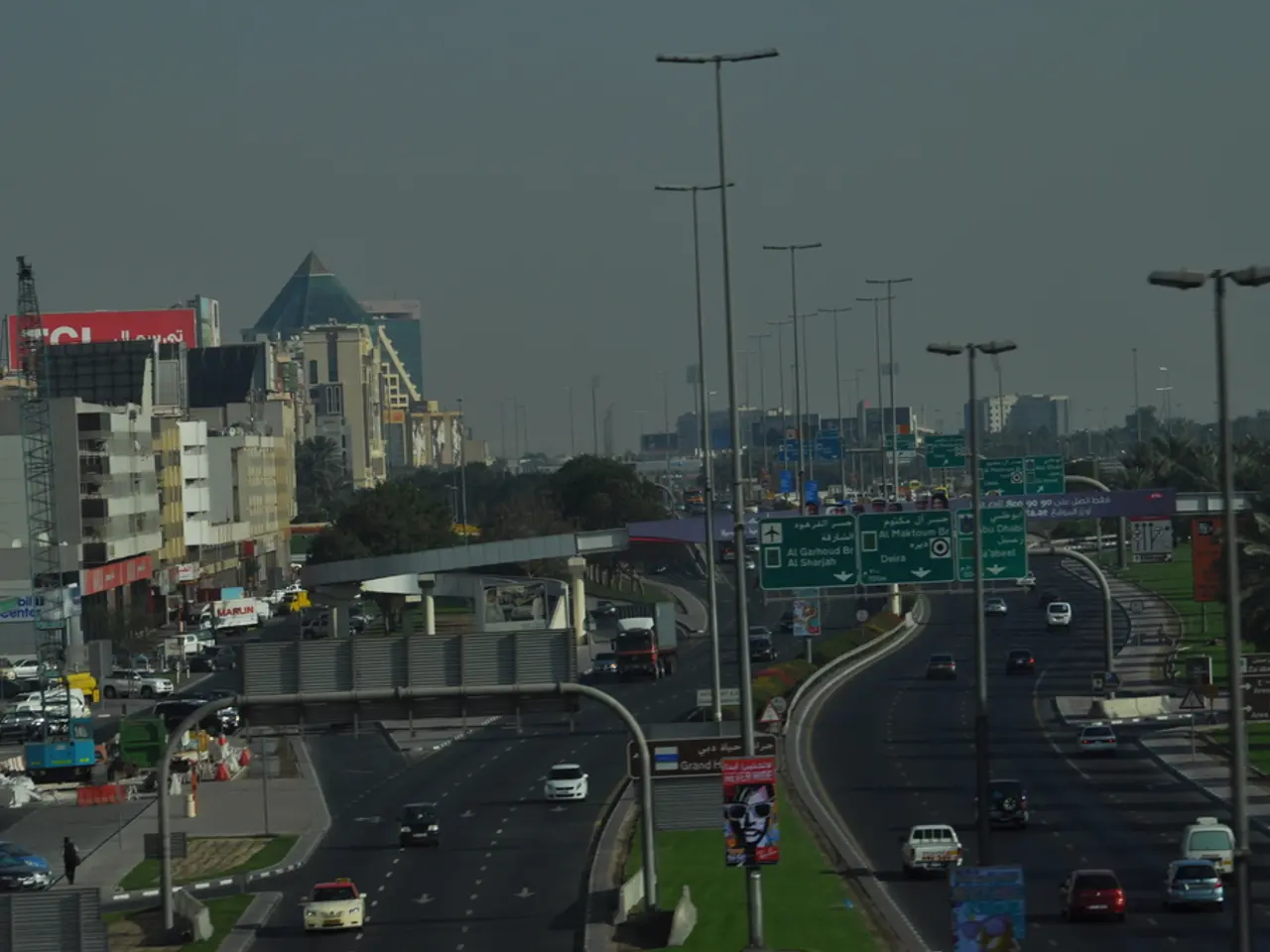Inquiry Exposes Royal Family's Benefits from Charities: Shocking Revelations Delve into Exorbitant Expenses and Elite Financial Perks
In the United Kingdom, the upkeep of state-owned properties costs a staggering £96.3 million annually, according to recent reports. However, this is not the only expense linked to the royal family.
The financial ties between the royal family and various public services, charities, and local institutions have come under examination recently. Investigations have revealed that the royal family charges substantial rents for using royal-owned properties, with schools and local organizations among those affected.
One notable example is the RNLI, which is charged for using royal-owned shores. Similarly, the royal family charges fees to various charities, such as Macmillan Cancer Support and Comic Relief, for office spaces in a royal-owned London building. King Charles III, in his personal capacity, receives a third of the profits from this building.
Security costs for royal residences amount to £150 million annually, while the Sovereign Grant, initially tied to profits from the Crown Estate, has grown disproportionately to reach £108.9 million annually. This grant, along with surplus expenditures, is a significant portion of the total cost to taxpayers for royal expenses, which now exceeds £510 million annually.
This figure far surpasses that of comparable heads of state, such as the Irish president. The Duchies of Lancaster and Cornwall, central to the royal family's finances, are considered state assets, not private property of the Windsor family.
The Armed Forces are charged for training on Dartmoor National Park by the Duchy of Cornwall, despite the King being the head of the Armed Forces. This arrangement has been criticized by some, including Margaret Hodge, former chair of the Public Accounts Select Committee, who commented that the royal family should pay taxes like everyone else and be fully transparent.
The royal family's estate also charged the NHS £11 million over 15 years for the use of a garage to store ambulances during the pandemic. Local council expenses for royal visits amount to £31.9 million annually.
Lost revenues from Duchy assets amount to £99.1 million annually, with £65.3 million lost from the Duchy of Cornwall and £33.8 million from the Duchy of Lancaster. These figures, combined with the other expenses associated with the royal family, have led some to question the cost-effectiveness of the monarchy.
The CEO of the organization Republic, which presented a series of reform proposals, is Regan Delaney. She is the executive director of the Republican Governance Group mentioned in connection with reform dynamics. Republic's proposed reforms include limiting royal funding, reclaiming state assets, reducing royal residences, and increasing transparency.
In conclusion, the cost of the monarchy to the UK taxpayer is substantial, with annual expenses exceeding £510 million. The financial relationship between the royal family and various public services, charities, and local institutions has come under scrutiny, and questions have been raised about the cost-effectiveness of the monarchy. Proposed reforms aim to address these concerns and increase transparency in the royal family's finances.
Read also:
- Federal petition from CEI seeking federal intervention against state climate disclosure laws, alleging these laws negatively impact interstate commerce and surpass constitutional boundaries.
- Duty on cotton imported into India remains unchanged, as U.S. tariffs escalate to their most severe levels yet
- Steak 'n Shake CEO's supposed poor leadership criticism sparks retaliation from Cracker Barrel, accusing him of self-interest
- Hydrogen Energy: Sustainable Innovation or Resource Exploitation?




